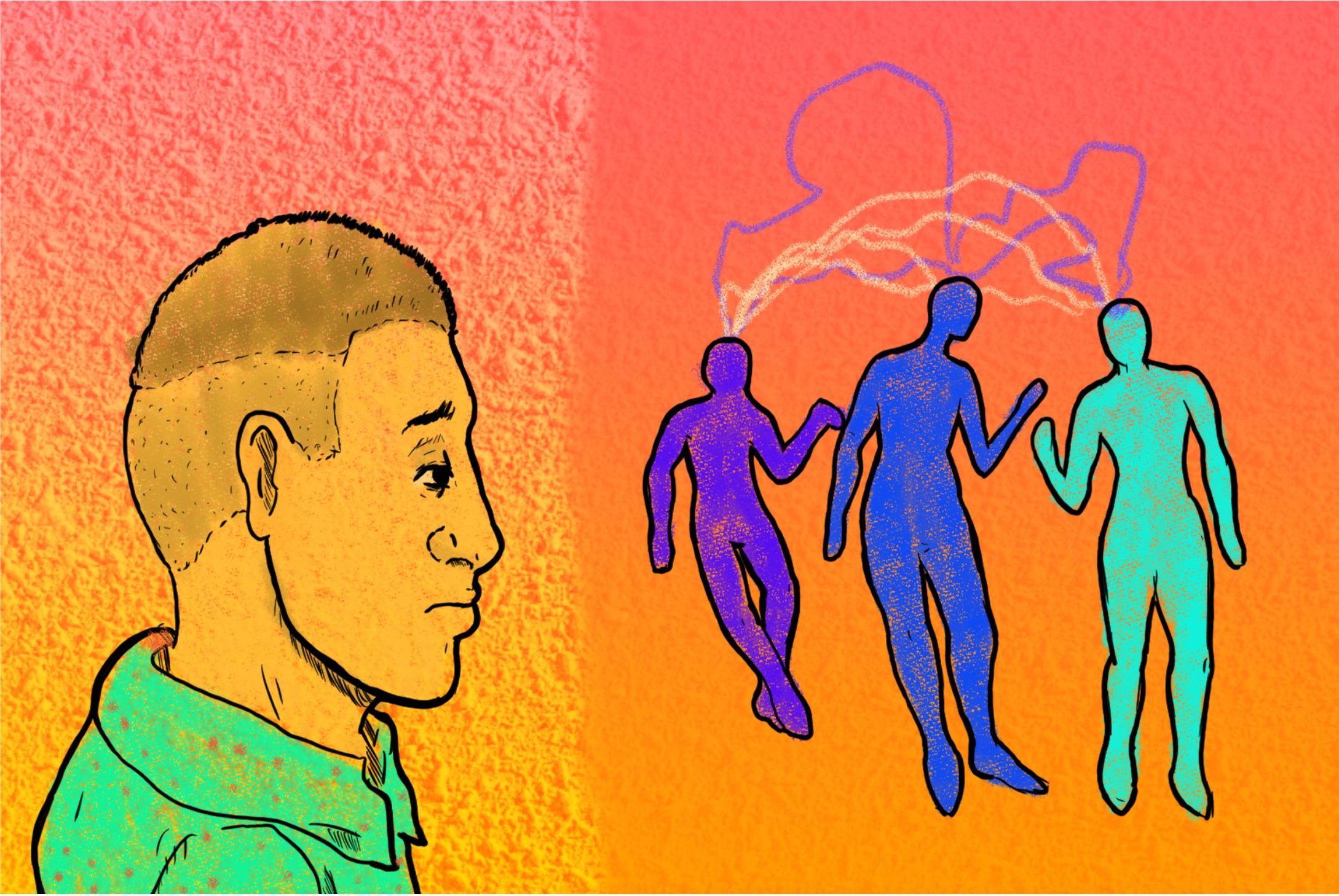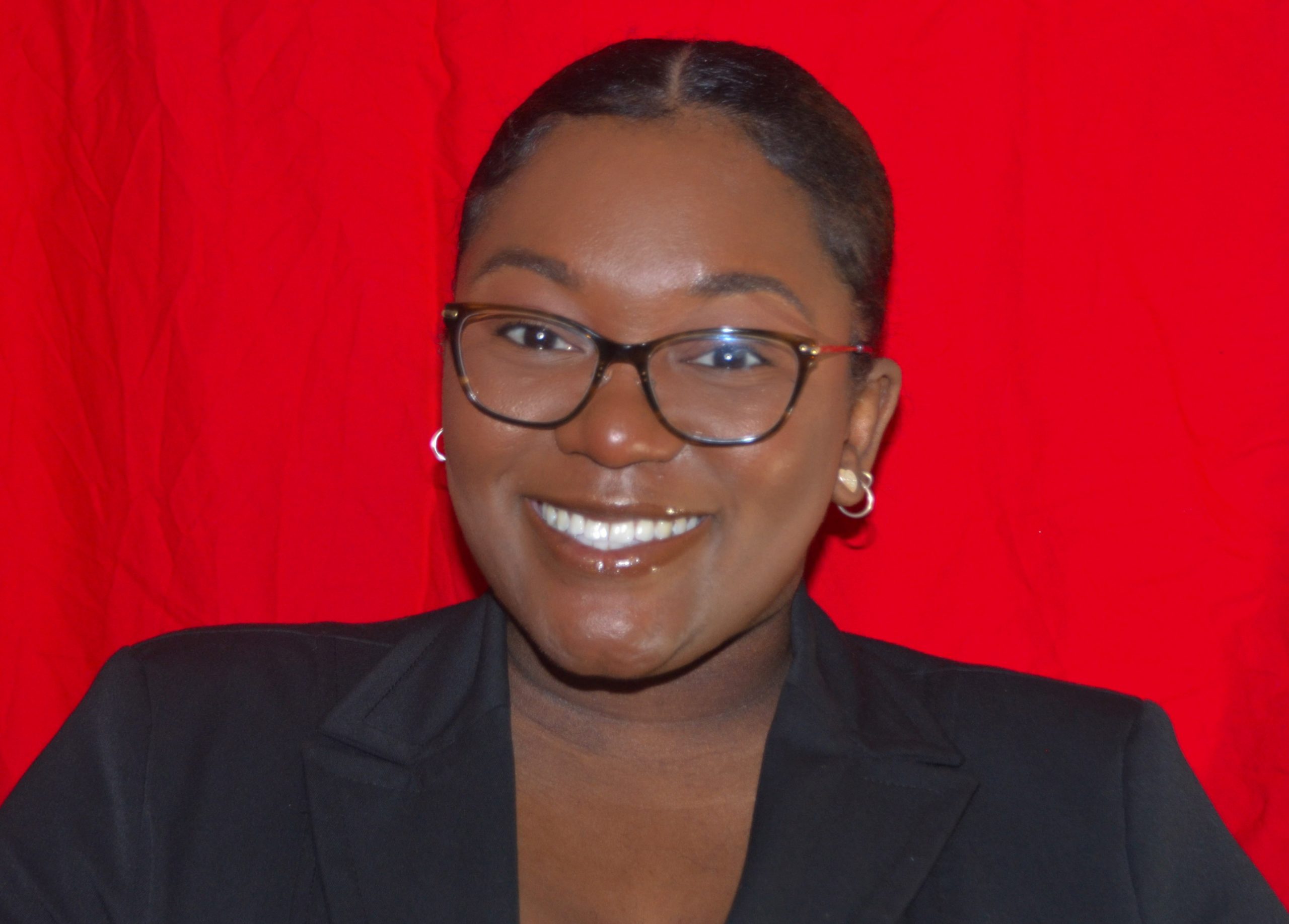What is a PWI, you ask? A PWI is the abbreviated term for predominantly white institution(s), which is pretty self-explanatory. PWIs are colleges and/or universities where the majority of the population is made up of white students. As a black student who is currently attending a PWI, I have had a great deal of good and bad experiences, but they shaped me into who I am today. As much as I complain about attending my school, I love what I’ve learned inside and outside the classroom and who I’ve met so far. I have one more year left and I look forward to enjoying it as well.
When I was a senior in high school, I had no clue where I wanted to continue my education. Most of the students already had their mind made up before they left middle school. They planned to follow in their parents and/or grandparents’ footsteps and go to their alma mater, which were almost always in the state of Texas. I, wanting to get away from the town, school and people, decided to go out of state. Way out of state. I wanted to grow as an individual and I knew that wasn’t going to happen if I had the ability to go home every weekend or have classes with the same people I’ve been having class with for four years. Again.
I was opposed to going to school in Texas, so I only applied to out-of-state schools. My own mom encouraged me to apply to schools far away from home because she, too, wanted me to grow and not be so close to home. I was open to this option because when my mom and uncle lived in California, they went to school in Louisiana and Texas. In fact, a lot of my family members furthered their education away from home and they now live incredible lives.
At the time, I was aware of the differences between a PWI and HBCUs because they have some drastic differences, but I didn’t prefer one over the other, despite HBCUs being made specifically for black students who weren’t allowed to attend PWIs. All I knew was that I was going to school away from everyone.
I didn’t go to school in the next state over. I went to school all the way up north, in Illinois. I knew absolutely no one in the city, let alone the state. My closest family member was 12 hours away. I was all alone.
When I first arrived on campus, my first thought was, “Where are all the black people?” It wasn’t much of a culture shock because I graduated from a predominantly white and Hispanic school. I was used to being one of two or the only black student in class. I was used to a minuscule black community compared to everyone else. This was nothing new.
My innocent mind simply thought there was going to be more black students. Unfortunately, over the course of three years, I learned how it felt to not feel welcomed.
The first night I went out with my friends I was called the N-word. The FIRST night! What I learned from that was some people are idiots. It’s not the first time some “entitled” and privileged white boy will open his mouth with the audacity to say the word and sadly, it won’t be the last.
After the death of Nasjay Murray the black community at my school shifted — drastically. We weren’t the same and the campus was quiet for days. The university didn’t help take care of students either. The counselors weren’t available for walk-ins, so you had to schedule an appointment a week and a half in advance. There was very little assistance given to the black community. It was as if no one cared. Despite how small the black community was at the time — and still is — we found our strength in numbers. Even though this was a tragic event, it brought the black community closer together and we all shared an unbreakable bond.
Later, when I was a sophomore, the annual Twitter debate on PWIs versus HBCUs came around and I didn’t understand what was going on. It was black students attending PWIs versus black students attending HBCUs and both sides made very compelling arguments.
I spent my night not doing homework, instead scrolling through hundreds of threads trying to establish who was right and who was wrong. Black students attending PWIs felt their education was superior to those attending HBCUs, but those attending HBCUs felt the students at PWIs weren’t getting the “black experience,” and even called them sellouts.
This isn’t all that’s happened in my three years of attending my PWI. Events happened that slowly created an eruption in the black community. It was the straw that broke the camel’s back: Welcome Week. At my school, “Welcome Week” is the first week everyone comes back and moves into their dorms and/or apartments. There’s move-in day, a block party, a taste of food surrounding the campus and a step show from organizations under the NPHC..
During all these events, someone is walking around recording and, at the end of the week, the school releases their annual “Welcome Week” video. When you compare the video from 2017 to 2019, you can clearly notice a difference in the amount of black students present. After posting it, black students quickly pointed out the lack of diversity and it wasn’t long before the school had no choice but to respond.
This video was a slap in the face. There were only three black people, including me, who made the final cut of the video — three. The black community felt as if they didn’t matter and they had every right to feel that way, because there were so many opportunities to include black students. This is when I began to feel like I didn’t belong, so I made sure they heard me loud and clear.
For one of my final projects I made a video calling out the university on their claims of diversity and their lack of attention given to the black community. It included everything from my freshman year up until the video’s release. My video sparked a conversation that needed to be had amongst faculty and staff.
Now, all these stories may be a bit confusing, but let me sum it up for you because I’ve been there. I know what it feels like to be black at a PWI and feel like you only exist when talking about police brutality and slavery. It’s not easy, but there are some things to keep in mind:
1. Don’t let anyone tell you or make you feel like you don’t belong at the school you’re attending or planning to attend. You were accepted because of your talent, not because they have a quota to meet (even though that’s what it can feel like at times).
2. Find strength in each other. Even though the black community may be small at a PWI, that’s the community that will help you thrive and prosper.
3. You are not a sellout for picking the school of your choice, even if it’s a PWI. Make that decision and choose wisely, because you’re spending the next four years of your life there. No one else is paying for your tuition except for possibly those in your home, so everyone else’s opinion does not matter. Period.
4. Use your voice and be the start of something bigger. I started a conversation when I uploaded that video and although change won’t happen immediately, it’s bound to happen eventually.
5. Don’t forget who you are and where you came from. Let that motivate you to keep going despite all the obstacles to come.
6. Don’t change yourself to fit in. Black people come in all shapes, forms and personalities. Some of them aren’t going to like you and that’s okay. Yes, you’re there to have fun and enjoy life, but you’re also there to get an education, not be friends with everyone
7. YOU ARE NOT THE VOICE OF YOUR POPULATION. Make that known when your professor singles you out when talking about topics where black people are at the center — slavery, police brutality, poverty, etc. You do not speak for the entire black community because we not only all have mouths of our own, but we have different ways of thinking about certain issues. You also aren’t the only person who knows anything about such topics because the facts are everywhere.
8. Go to class, study, do your homework, have fun and prosper. You are destined for greatness wherever you decide to go to school.

















